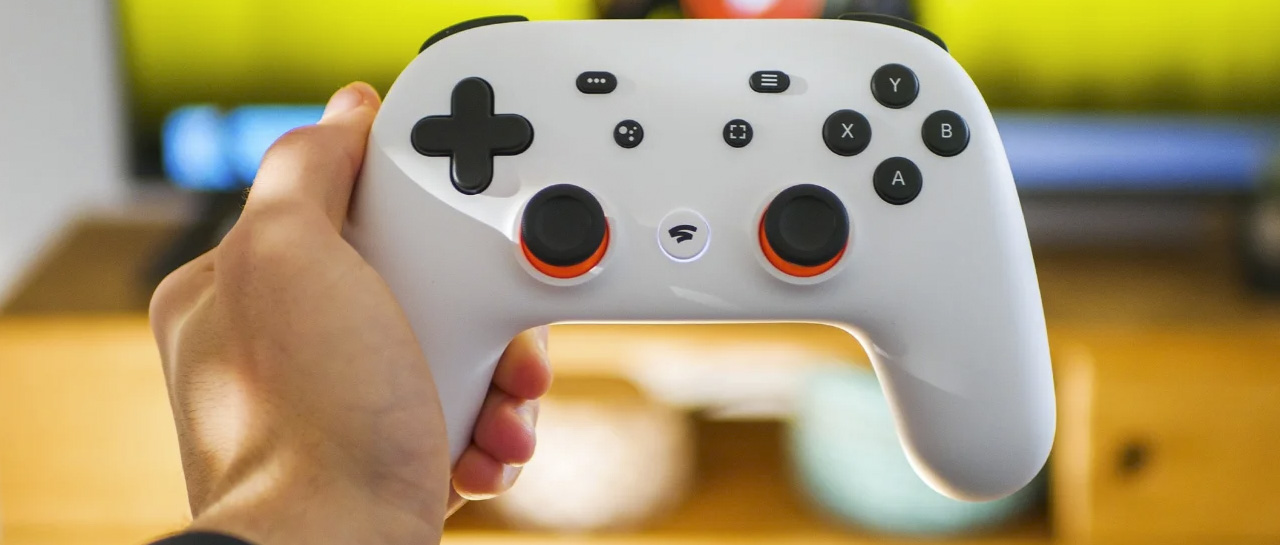The Intel Corporation has agreed in principle to acquire Tower Semiconductor For $ 53 USD per share in cash, representing a total deal of approximately 4 5.4 billion. The acquisition significantly advances Intel’s strategy for further expanding its manufacturing capacity, global footprint, and technology portfolio.
The transaction is expected to close in approximately 12 months. It has been unanimously approved by Intel’s and Tower’s boards of directors and is subject to certain regulatory approvals and customary closing conditions, including the approval of Tower’s stockholders.
IFS and Tower Semiconductor will run independently until deal closure. Upon the close of the transaction, Intel’s intent is for the two organizations to become a fully integrated foundry business. The company will share more details on integration plans at that time.
This is a very interesting deal and it will be interesting to see what Intel does with the technology it now inherits from Tower Semiconductor. It is no real surprise that Intel made this deal given the unprecedented demand for semiconductors and the shortage of supply in recent years.
Intel established Intel Foundry Services (IFS) in March 2021 to help meet the growing global demand for semiconductor manufacturing capacity and to become a major provider of US- and Europe-based foundry capacity. This addition of Tower Semiconductor will certainly increase Intel’s ability to meet that growing demand.
Who is Tower Semiconductor?
You may be familiar with intel, but maybe not Tower Semiconductor. They are a leading company that makes high-value analog semiconductor solutions, and they provide technology and manufacturing platforms for integrated circuits (ICs) in growing markets such as consumer, industrial, automotive, mobile, infrastructure, medical, aerospace, and defense.
Tower Semiconductor owns two manufacturing facilities in Israel, two in the US, and three facilities in Japan.

In our industry, Tower Semiconductor is best known for CMOS image sensors. They are rumored to be providing the sensor that Nikon is using in its flagship Z9.

Tower Semiconductor also lists that hundreds of award-winning movies were shot on cameras that used Tower Semiconductor CIS technology. This is interesting as all of these above movies were shot on ARRI cameras, however, ARRI gets its sensors from ON Semiconductor.
What does this deal mean for people in our industry?
Well, considering Sony is the largest manufacturer of image sensors in the world by a considerable margin, I would expect that Intel is using this purchase to further expand and push its semiconductor business.
This could mean increased competition for Sony and other brands who may be looking for an alternative from having to use Sony sensors could instead look towards Intel. However, it is unclear whether or not Intel plans on challenging Sony in the consumer space.













